Publications
Articles, publications, books, tools and multimedia features from the U.S. Institute of Peace provide the latest news, analysis, research findings, practitioner guides and reports, all related to the conflict zones and issues that are at the center of the Institute’s work to prevent and reduce violent conflict.
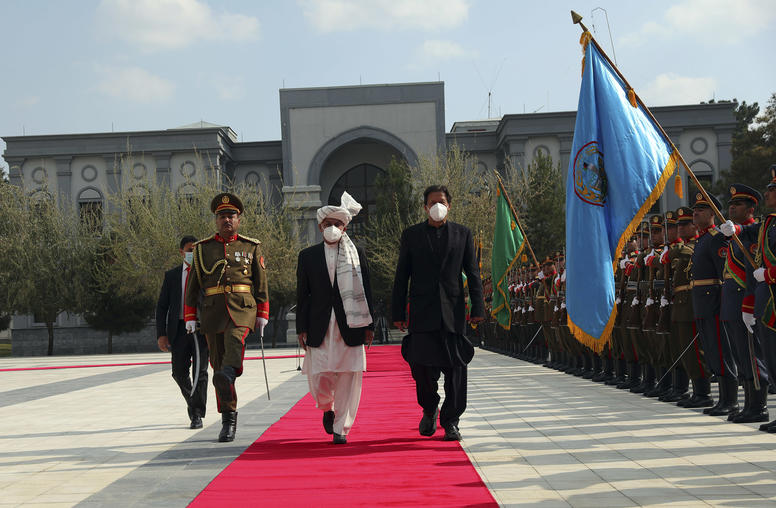
Afghanistan-Pakistan Ties and Future Stability in Afghanistan
The situation in Afghanistan—and with it the Afghanistan-Pakistan relationship—is likely to worsen in the short term. The prospect of a prolonged civil war or full Taliban takeover now looms large as hopes of a negotiated settlement recede. Whatever the outcome, the countries’ bilateral relationship will continue to be shaped by tensions that have characterized it for more than a century. This report examines these sources of tension and identifies potential openings for engagement that could, over time, become sources of stability and growth.
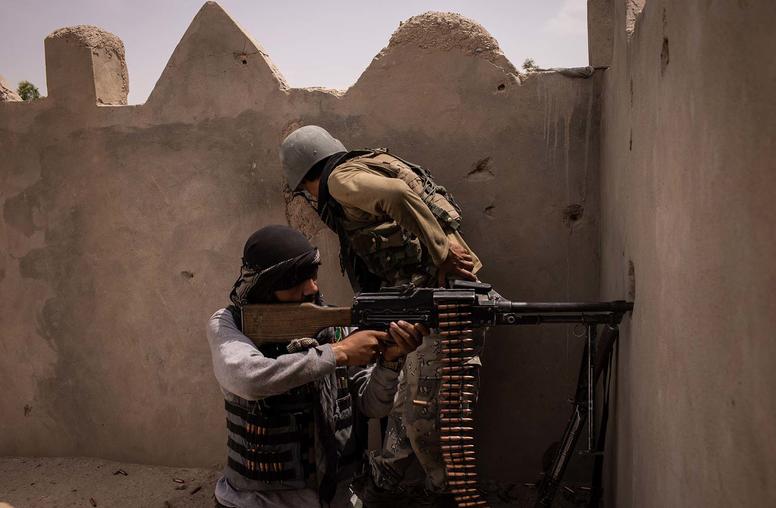
Can the Taliban Be Stopped? Three Scenarios for What’s Next in Afghanistan
The Afghan government has had its most difficult week fighting the Taliban since the insurgency began. As of this writing, 12 provincial capitals have fallen since last Friday, marking the first time the Taliban have controlled a city since they were ousted in 2001. By some estimates the Taliban control two-thirds of the country. While many experts predicted that the rapid and unconditional withdrawal of U.S. troops would increase Taliban control, few saw it happening this fast. A Taliban takeover of Kabul — once thought to be years away if at all — is now conceivable within months, or even a matter of weeks.
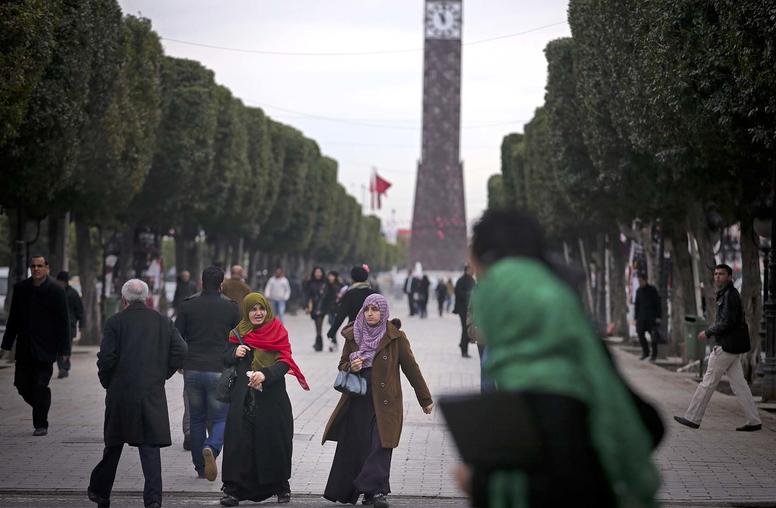
What’s Next for Tunisia’s Transition?
Long heralded as the sole success story of the Arab uprisings, Tunisia was thrown into political tumult on July 25 when President Kais Saied dismissed the prime minister, suspended parliament and removed politicians’ immunity from criminal prosecution. The decision followed days of protest and long-term malaise, with Tunisians angered over the government’s COVID response, endemic corruption, a lagging economy and, more broadly, the inability of the post-Ben Ali political system — particularly political parties — to deliver for citizens. While many Tunisians supported Saied’s move, they and the international community await what comes next and how it will impact the North African country’s long-term political and economic trajectory.
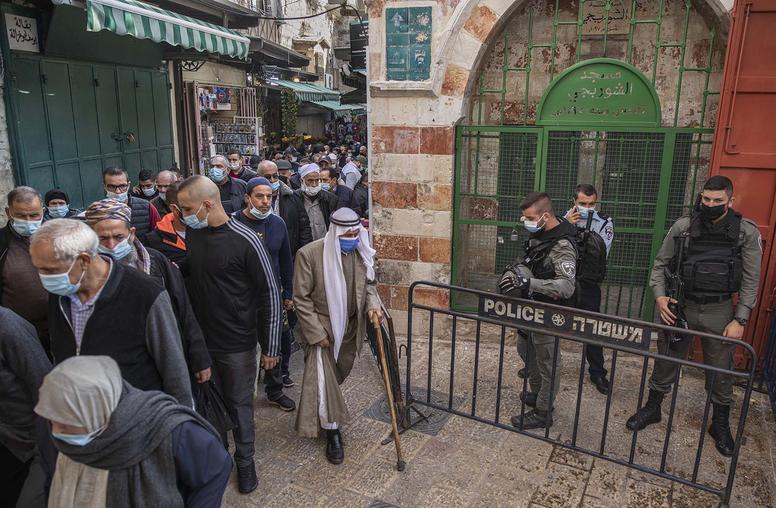
The Four Races That Will Define the Future of the Israeli-Palestinian Conflict
After the latest round of violence this May, Israeli and Palestinian leaders are walking a series of tightropes — Israel’s new government is composed of a potentially unsustainable coalition; a fragile cease-fire teeters between Hamas and Israel; and public protests continue to shake the Palestinian Authority.
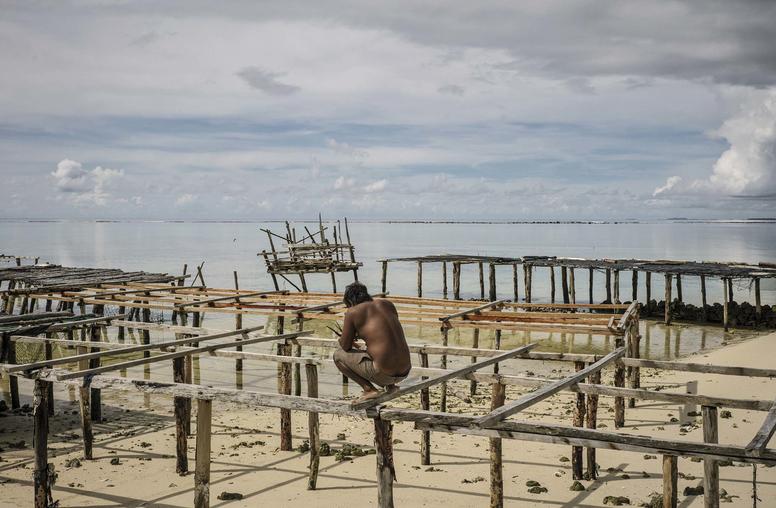
Climate, COVID and China Drive U.S.-Pacific Islands Engagement
The Pacific Islands Forum (PIF) held its 51st leaders meeting on August 6, with Fiji serving as virtual host. The PIF is comprised of 18 members, and the United States is among 18 PIF Dialogue Partners that participate in an annual post-forum dialogue. This year, President Joe Biden led the U.S. delegation and delivered his own address, a first for a U.S. president and a demonstration of the strategic importance of Pacific Island nations to U.S. priorities like climate change, COVID-19 and competition with China. USIP’s Jennifer Staats and Brian Harding discuss what PIF members and Washington want from each other and the major issues facing the region.
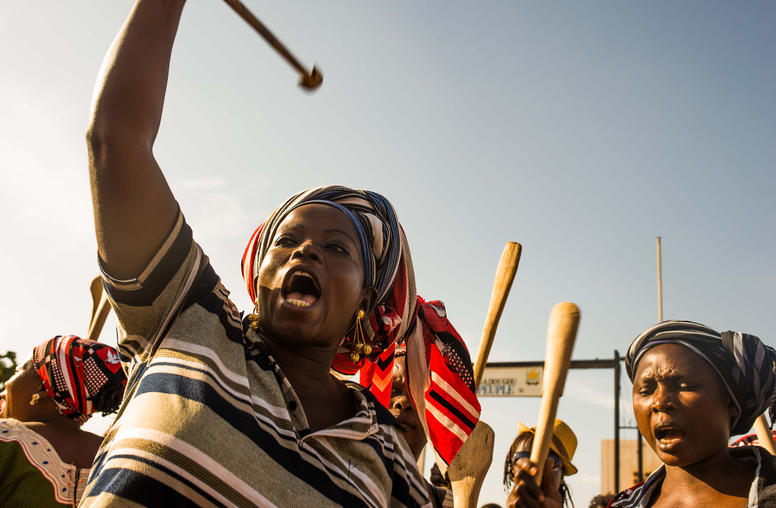
Mobilization, Negotiation, and Transition in Burkina Faso (French)
En octobre 2014, un soulèvement populaire massif a destitué le président de longue date du Burkina Faso, Blaise Compaoré, et conduit à une transition menée par des civils, laquelle a abouti à des élections libres et équitables en novembre 2015. Ce rapport illustre l’importance de la culture nationale du dialogue et du consensus et les avantages d’un vaste et solide réseau entre les groupes de négociation. Bien que la violence dans le pays ait augmenté depuis lors, les enseignements tirés de la transition au Burkina Faso peuvent être d’une aide précieuse pour guider les efforts de mobilisation populaire, les négociations et les perspectives de paix et de démocratie à long terme dans d’autres contextes.
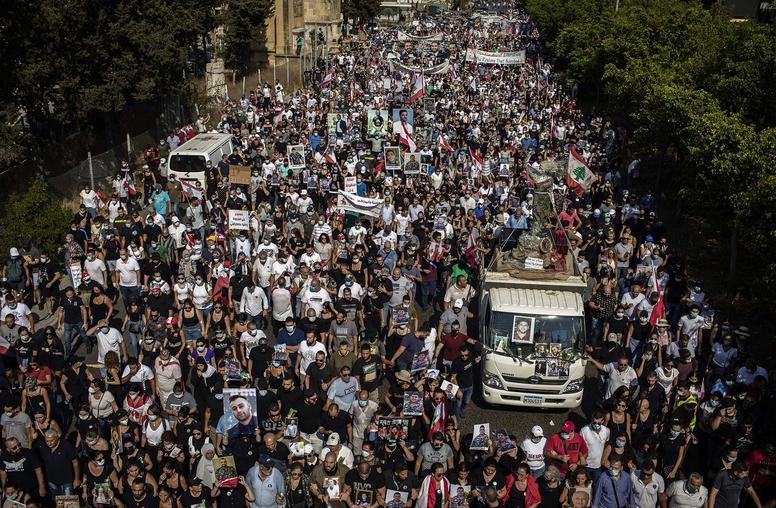
How to Pull Lebanon out of its Torturous Fall
A year after the horrific Beirut port explosion on August 4, 2020, the legal pursuit of justice and accountability is proving pointless. Little to no progress has been made, due to how deeply embedded corruption is in the country’s political and business structures. The upcoming legislative elections next year could be an opportunity to set the country on a reform track — but only if they are managed by an independent body under international supervision.
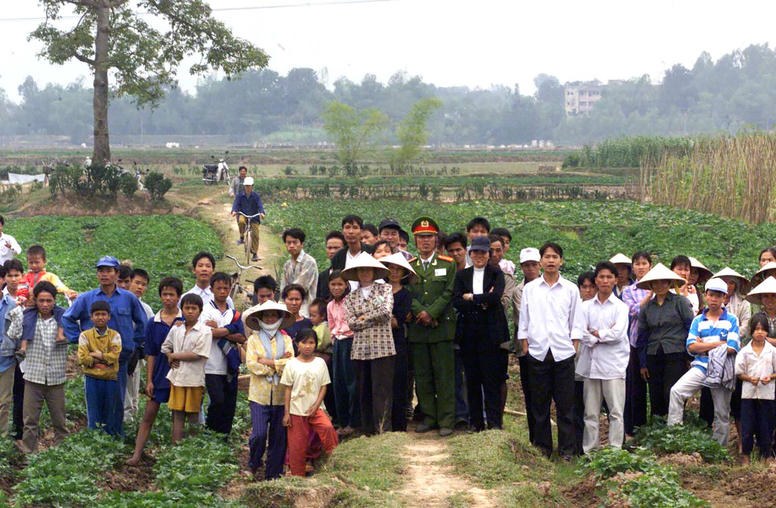
Healing the Wounds of War with the Vietnam Wartime Accounting Initiative
Nearly 50 years after the end of the Vietnam War, new collaboration between the United States and Vietnam this month is strengthening the former enemies’ friendship and consolidating what has become a model reconciliation process, Vietnamese officials say. Vietnam’s deputy defense minister and its ambassador to the United States welcomed U.S. steps in recent days to help Vietnam locate its hundreds of thousands of citizens still missing from the war. With U.S. officials, they spoke in a USIP forum on that progress — and on urgent steps still to be taken to heal the wounds of that war.
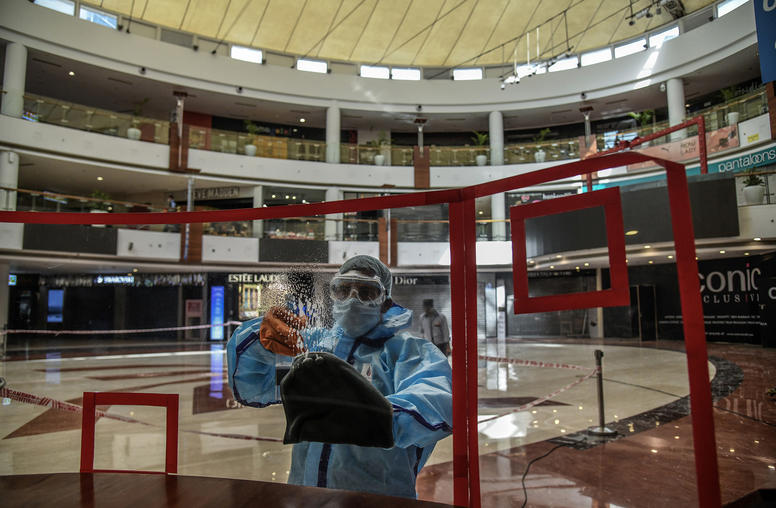
The Impact of COVID-19 on South Asian Economies
The COVID-19 pandemic has caused one of the most serious public health and economic crises faced by India, Bangladesh, and Pakistan in recent years. This report looks at the economic impact on these nations, their prospects for the remainder of 2021, and their relations with the United States. It identifies key areas of focus for ensuring the subcontinent’s recovery is equitable—which, in the context of an erosion of democratic norms, growing authoritarianism, and severe crackdown on dissent, could help avoid economic and social instability.
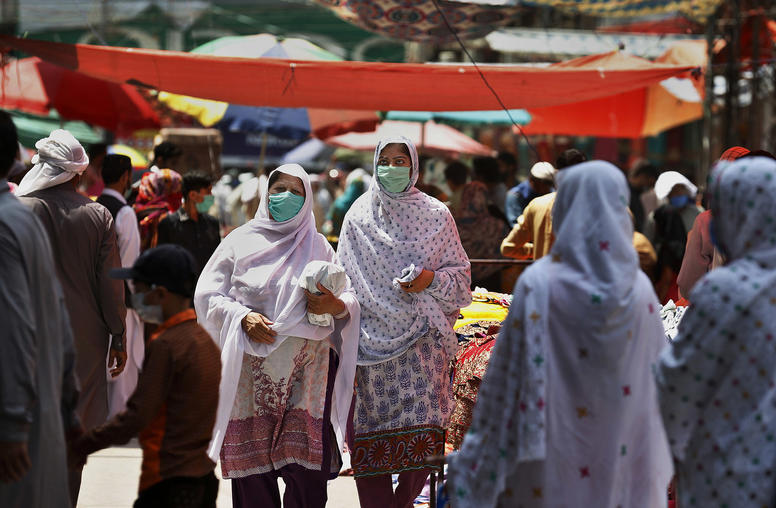
Gender-Based Violence and COVID-19 in Fragile Settings: A Syndemic Model
The long-standing pandemic of gender-based violence has been worsened by COVID-19 and related containment measures, particularly in fragile settings marked by conflict, poverty, and weak infrastructure. At the same time, the implementation of gender-insensitive COVID-19 control policies can exacerbate the community transmission of COVID-19. These interactions form a syndemic—two or more pandemics whose interactions compound the severity of each. This report identifies the key avenues through which these two pandemics have synergistic effects and offers recommendations for mitigating their impact.